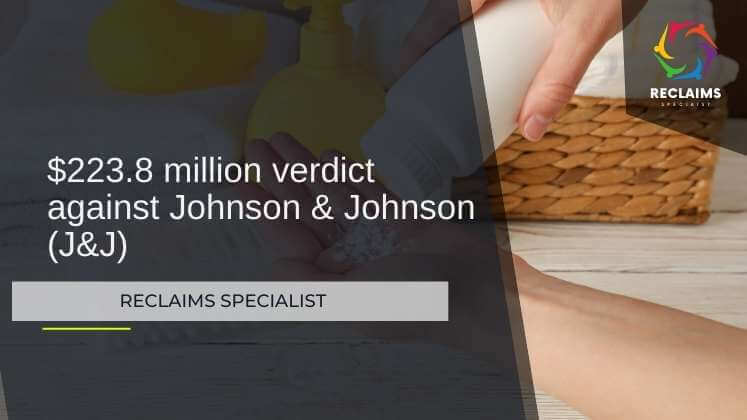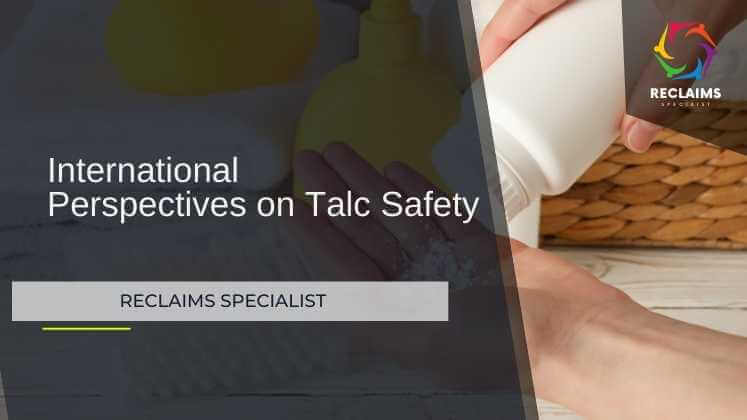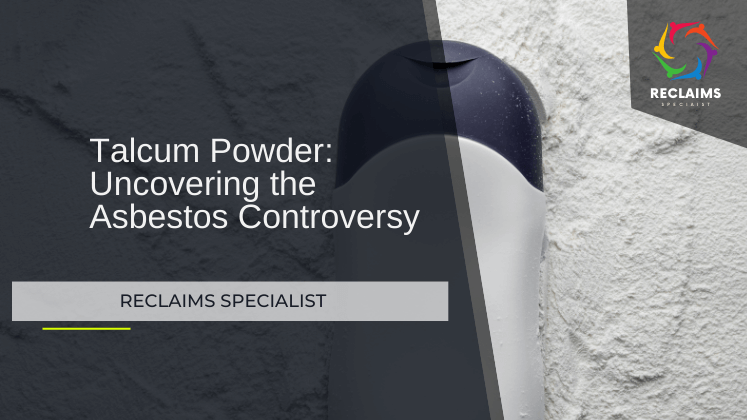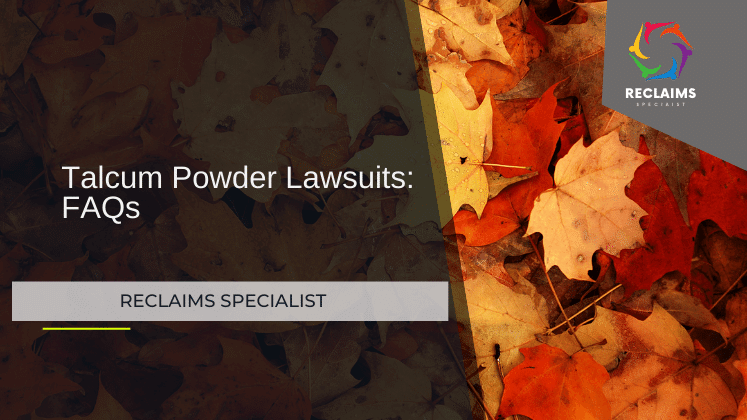In a significant legal development, a New Jersey appeals court recently overturned a substantial $223.8 million verdict against Johnson & Johnson (J&J). The verdict, previously awarded by a jury, was linked to claims that exposure to asbestos in J&J’s talc powder products led to cancer in four plaintiffs. The Superior Court of New Jersey, Appellate Division, cited flaws in the admission of scientific expert testimony as the grounds for dismissing the verdict.
Flawed Testimony and the Gatekeeping Role
The three-judge panel contended that the trial court neglected its crucial “gatekeeping role.” This role involves assessing whether the presented expert testimony is rooted in sound science. The court found fault with three experts who failed to elucidate the facts or methods supporting their opinions that the plaintiffs contracted cancer due to asbestos exposure in talc products.
J&J’s Response and the ‘Junk Science’ Allegation
J&J Worldwide Vice President of Litigation, Erik Haas, welcomed the decision, emphasizing that it resoundingly rejects what he referred to as “junk science.” The term was used to denounce the scientific credibility of experts allegedly influenced by the mass tort asbestos bar. Haas reiterated J&J’s stance that their talc products are safe and asbestos-free.
Legal Ramifications and Ongoing Litigation Landscape
This development adds a new layer to J&J’s legal battles, as the company faces over 38,000 lawsuits asserting that its talc products, including the renowned Johnson’s baby powder, may contain asbestos and contribute to various cancers, including ovarian cancer and mesothelioma.
Expert’s Legal Entanglement
It’s noteworthy that J&J is separately suing one of the experts, Jacqueline Moline, over a 2019 study. Although this study wasn’t central to the recent decision, it underscores the intricate legal web surrounding scientific experts in the talc litigation landscape.
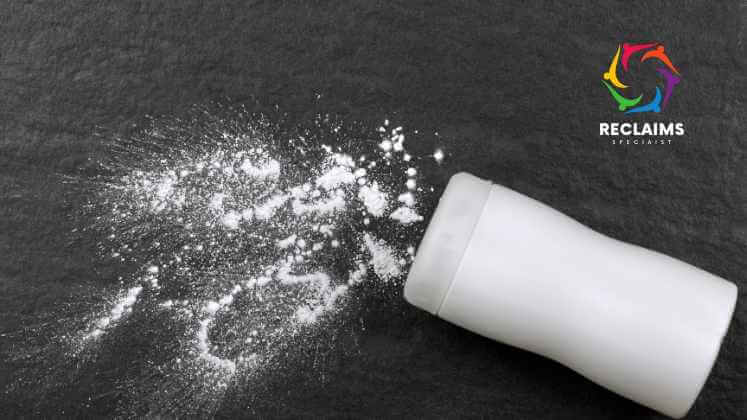
The Talc Litigation Rollercoaster
The talc-related lawsuits against J&J have seen a mix of outcomes. Notable victories, like the $2.1 billion judgment upheld by an appeals court, coexist with reversals of verdicts, including a $117 million case in the same New Jersey appeals court and a $120 million verdict in New York.
The Financial Toll
J&J reveals that the cost of talc-related verdicts, settlements, and legal fees has surged to approximately $4.5 billion. This financial burden has compelled the company to cease the sale of talc-based baby powder, pivoting to cornstarch-based alternatives due to escalating lawsuits and what they term as “misinformation.”
What We Do?
As J&J emerges victorious in this appeal, the talc litigation saga continues. The decision not only underlines the critical role of scientific testimony but also hints at the complexities inherent in navigating the legal battleground of mass tort claims. With thousands of lawsuits still pending, for J&J and the talc-related legal landscape fill in the form below to get your compensation money guidance for free.
